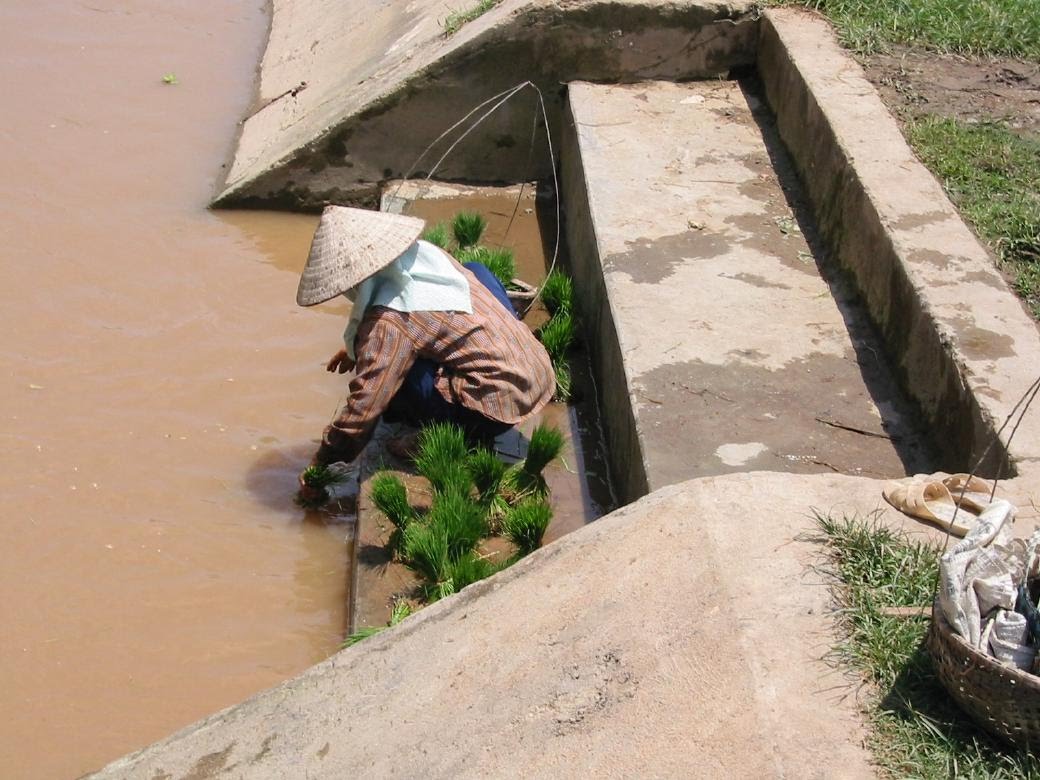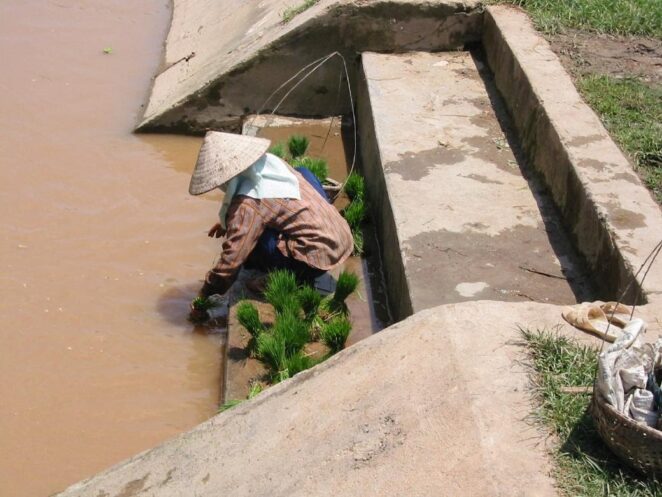Community-based dengue fever prevention in Vietnam


Among vector-borne diseases that are sensitive to climatic and weather conditions, dengue fever is being seen as one of the increasing health problems in many urban and rural communities in Vietnam. To address this problem, the Vietnam Red Cross has been implementing a 2.5-year operational research project in the Mekong using a health risk management model. This project is supported by the Climate Centre through the International Federation of Red Cross and Red Crescent Societies and is funded by the Rockefeller Foundation.
The research assesses the understanding of local communities about climate change and its possible effects on health as well as their knowledge, attitude and practices regarding dengue fever before and after intervention. Implemented actions at the community level are around the communication to vulnerable families about climate change while behaviour change related to dengue fever was linked to the results of the baseline study.
Planning efforts around contingency planning that has further guided the implementation of campaigns and house-to-house education has been shown to be effective in further reducing the number of dengue fever cases and strengthening the existing partnership between the Red Cross, local health institutions and authorities.
The lesson-learnt and good practices in using a community-based model for early prevention and action at the community level to reduce the preventable death and sickness in Vietnam is used to inform global health program of the Red Cross.
(0) Comments
There is no content